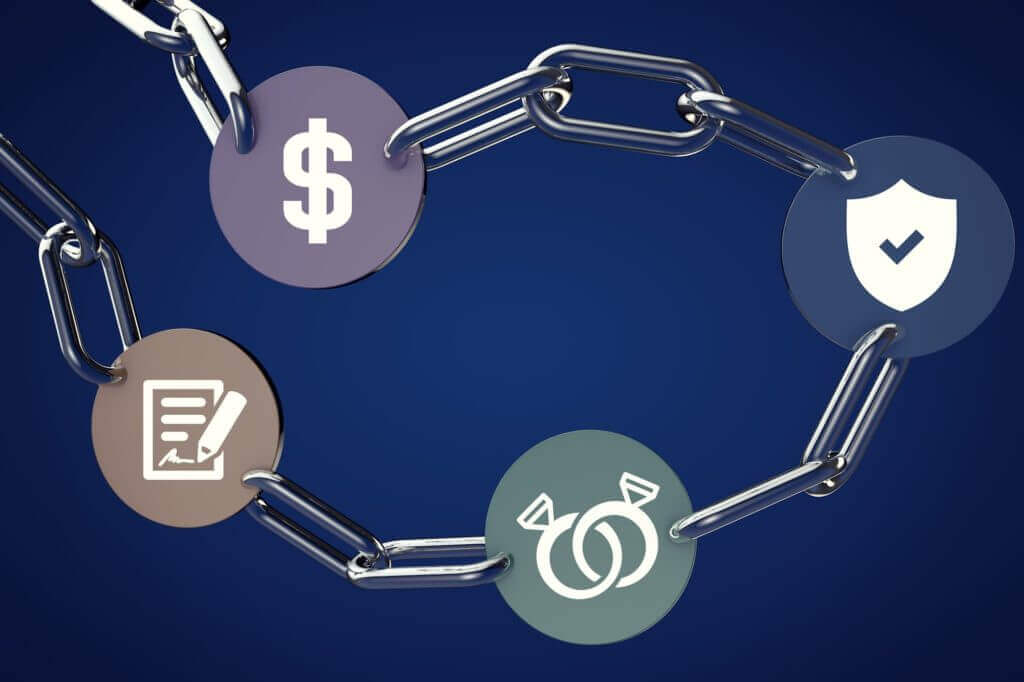
“A new internet for the travel industry”: Why blockchain matters
Here are three reasons why we think blockchain should be something that hoteliers have on their radar:
- It has the potential to vastly reduce the market share of OTAs and intermediaries
- It could make it a lot easier (and cheaper) for hoteliers to introduce new technology to their operations
- It might just be one (possible!) solution to the problem of rogue wholesale rates.
And here are three reasons why we shouldn’t get carried away with excitement:
- There’s undeniably a lot of over-funded, over-hyped ideas floating around
- It’s likely to be a long old while before most hoteliers come into contact with the technology
- We simply don’t know yet whether it can live up to its supposed potential.
What is blockchain, anyway?
If you’ve opened a newspaper or clicked on an article in the last 3 months, chances are you’ve heard of blockchain. Most commonly associated with Bitcoin (a ‘cryptocurrency’ which uses a blockchain as its ledger), blockchain technology has witnessed an explosion of interest and investment recently. For a great in-depth guide to how blockchain is shaking systems up around the world, check out this New York Times piece.
The blockchain buzz is just as inescapable within the travel industry as it is anywhere else. Over the past three months, we’ve heard that both Lufthansa and Nordic Choice hotels are experimenting with blockchain distribution – prompting a plethora of think-pieces on whether blockchain will be the saviour of online travel.
We know we’re all supposed to care about blockchain – but it’s hard to care about something you don’t yet understand. There are a lot of heavy-duty ‘explainers’ out there – but most of them still manage to be pretty complex. Let’s take it back to basics.
How blockchain works
A blockchain is an ever-growing list of records, called ‘blocks’. What’s being recorded are transactions. One ‘block’, for example, might contain the record of Person A transferring $500 to Person B. Importantly, blockchain technology is inherently resistant to modification of transaction records after the fact. In the words of Harvard Business Review, a blockchain is “an open, distributed ledger that can record transactions between two parties efficiently and in a verifiable and permanent way.”




